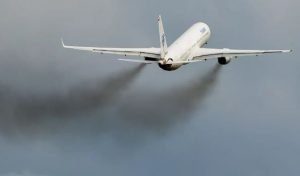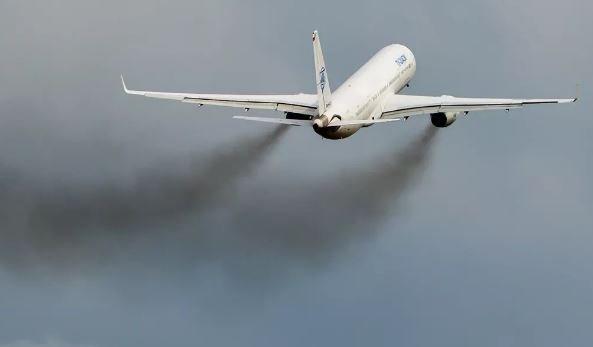
The United Nations is asking governments to tax actions that cause pollution, end fossil fuel subsidies and also stop building new coal plants.
The World Body says this will reduce carbon emission by aircraft which is damaging the environment.
As the demand for air travel increases, experts call for reduction in its damaging effects on the planet.
Kerosene, a major component of jet A1, identified as a leading contributor to global warming.
Aviation contributes 2% to global carbon emission – 1.3% from international while 0.7% from domestic airlines.
For the United Nations, polluted air kills about 7 million people annually.
It also causes asthma, reduced children’s cognitive development among others.
Locally operated aging aircraft, others brought into the country through bilateral air services agreements, wet and dry lease agreements have contributed to gas emission.
To check the danger, Kyoto protocol, Copenhagen Accord, Morocco and Paris agreements were all geared towards reduction of harmful gas emission.
Quieter aeroplanes with fuel efficiency, reduction of the impact of noise on the ground and introduction of operational restrictions are some of the current standard practices abroad. But Nigeria seems far from the goal.














